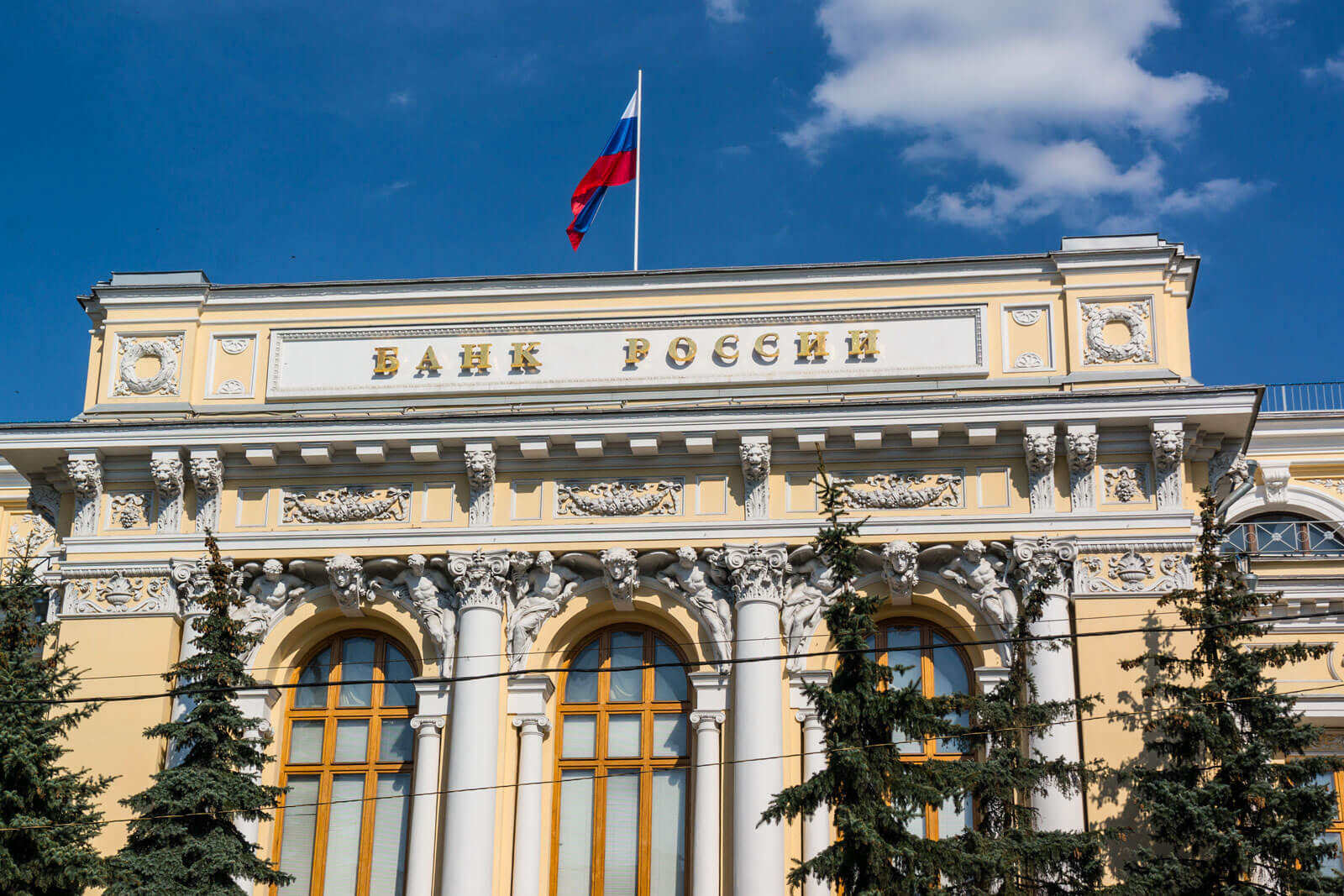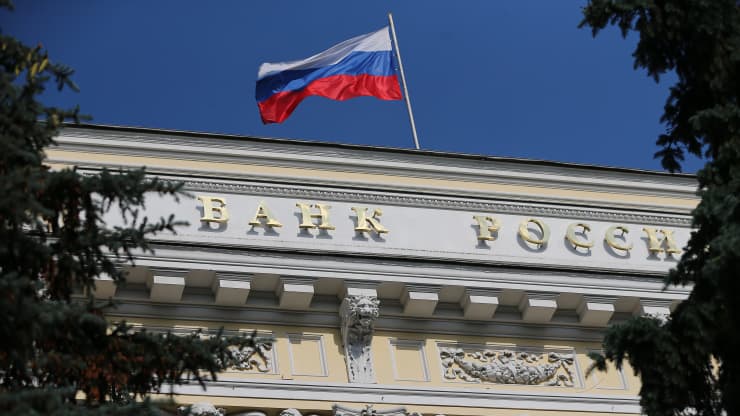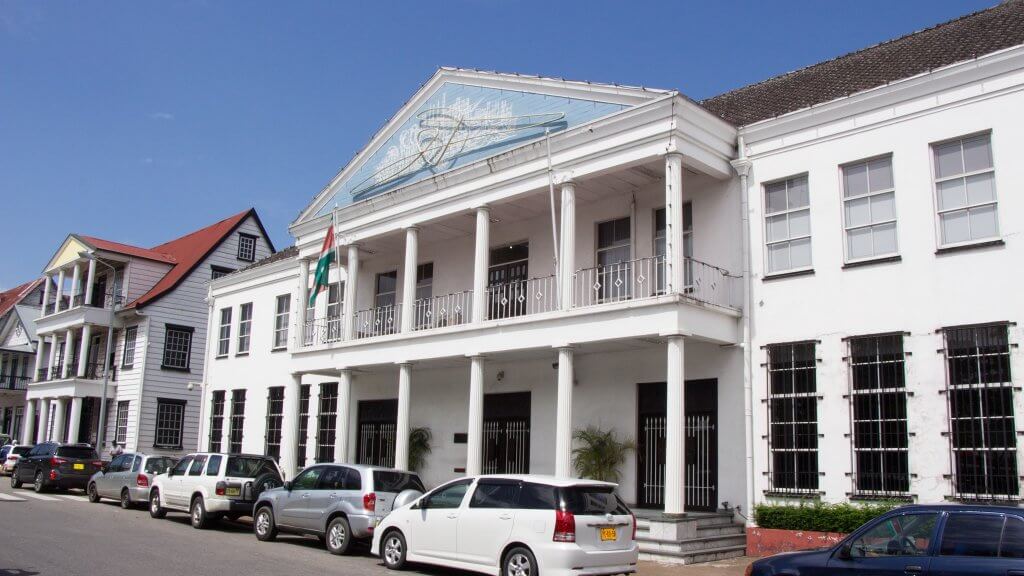Seriously Fighting Financial Crime

Lessons from London
Part VIII
Oliver Bullough / The Guardian
Amsterdam, March 8th — Their salvation came from an unlikely quarter: the Soviet Union, which didn’t want to keep its dollar reserves in US banks. Instead, it kept them in London, where British banks began lending them to each other in an entirely unregulated market – they became known as “Eurodollars” – thus giving birth to offshore finance, and providing the City with the startup capital it needed to get back in business. By the end of the communist period, Soviet institutions routinely sent their money through Britain’s offshore territories, and the City was booming. The Central Bank in Moscow even had a shell company in Jersey, which it used to hide money from the government that it was supposedly a part of.

This is one of the problems with trying to ascertain the volume of dirty Russian money in London: how far back do we go? Do the fees Midland Bank received for banking Soviet money in the 1950s still count as Russian cash, and if so, are they dirty? Does the commission the estate agent earned by selling those flats in Kensington in the early 1990s count as dirty money? And what about the £800m that Russians paid for government bonds in return for golden visas? Or the $41,000 of Magnitsky money that was spent on a wedding dress in London? How many times does money have to circulate in the economy before we decide it’s not dirty any more?
This money is so deeply embedded in the UK that extracting it, or even identifying it, would be an unrivalled feat of investigation. “It would be impossible,” says Prem Sikka, professor of accounting at Sheffield University. “They have the big accountancy firms advising them where best to stash the money, to conceal it, to disguise it, all kind of things. The brains of this pinstriped mafia are available to everyone. They’re for hire.”

Recently, I spoke to Jon Benton, who led teams fighting dirty money at the Met and the NCA, and advised Cameron at the Cabinet Office, until his retirement in 2016.
We used to get these suspicious activity reports coming in, Russian ones, all the time. It would be for an investment or a property or a load of other things,” Benton said. “You’re looking at something that doesn’t look right, doesn’t smell right, but we had a tiny number of resources. To get caught up in some really complex Russian money-laundering case, when we weren’t going to get any assistance – you have to weigh it up. Do I try to throw lots of resources at this, when I know I’m really going to struggle to get the door open?”

Benton was optimistic about the introduction of so-called unexplained wealth orders, which came into effect in February this year. Once a UWO has been issued, property is frozen, and its owner has to respond and justify why they own it. But that will only confiscate property, Benton noted. It won’t put anyone in jail.
Oliver Bullough









